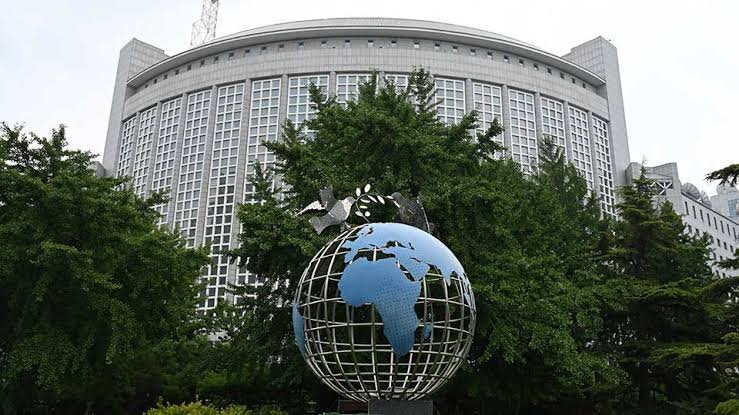Beijing, November 17, 2024 – The Europe Today: Chinese President Xi Jinping and U.S. President Joe Biden convened on the sidelines of the APEC Economic Leaders’ Meeting in Lima, Peru, marking their first meeting since 2023. The discussions, held on November 16, focused on enhancing dialogue, managing bilateral differences, and fostering cooperation on global and regional issues, according to a Chinese foreign ministry spokesperson.
The meeting reviewed the trajectory of China-U.S. relations over the past four years, addressing challenges and opportunities. Both leaders emphasized the need for candid, in-depth, and constructive dialogue to stabilize relations, manage differences effectively, and provide strategic guidance for the future.
Guiding Principles and Shared Vision
President Xi underscored the importance of mutual respect, peaceful coexistence, and win-win cooperation, likening China-U.S. relations to a mansion requiring a solid foundation and collaborative efforts. He reaffirmed China’s commitment to these principles while reiterating the importance of respecting each other’s core interests and handling differences prudently.
The two sides agreed to uphold guiding principles for bilateral ties, including open communication, conflict prevention, and mutual cooperation in areas of shared interest. These principles were highlighted as essential for maintaining global stability and responding to emerging challenges.
Key Areas of Discussion
- Taiwan and Regional Stability: President Xi reiterated the importance of the one-China principle as the cornerstone of bilateral relations. He urged the U.S. to avoid supporting “Taiwan independence” and to back peaceful reunification efforts.
- South China Sea: Xi emphasized China’s firm stance on its territorial sovereignty and advocated for resolving disputes through dialogue among directly concerned parties, discouraging U.S. involvement in regional matters.
- Trade and Technology: Highlighting the Chinese people’s right to development, Xi cautioned against restrictive trade practices and emphasized the need for open supply chains and technological cooperation.
- Global Issues: The discussions included candid exchanges on climate change, artificial intelligence (AI), and peace efforts in Ukraine. Both sides acknowledged the necessity of managing AI risks and enhancing international collaboration.
- Cybersecurity: President Xi dismissed allegations of cyberattacks from China as baseless, emphasizing China’s opposition to all forms of cyberattacks and its status as a frequent target.
Commitments and Cooperation
Both leaders agreed to maintain high-level communication and strengthen mechanisms for dialogue on economic, military, and security matters. Progress in counter-narcotics cooperation, climate initiatives, and people-to-people exchanges since their 2023 meeting was acknowledged, with a shared commitment to build on these successes.
President Xi stressed that a new Cold War is neither inevitable nor winnable, urging the U.S. to avoid policies aimed at containing China. He highlighted the shared responsibility of both nations to contribute to global stability and inject positive energy into a turbulent world.
Looking Ahead
China reaffirmed its readiness to engage constructively with the U.S., expand areas of cooperation, and manage differences to ensure bilateral stability. President Xi expressed hope for continued efforts with President Biden and the incoming U.S. administration to achieve a stable, healthy, and sustainable relationship for the benefit of both nations and the global community.
The meeting is seen as a pivotal step in recalibrating the complex relationship between the world’s two largest economies, with potential implications for international peace and prosperity.


